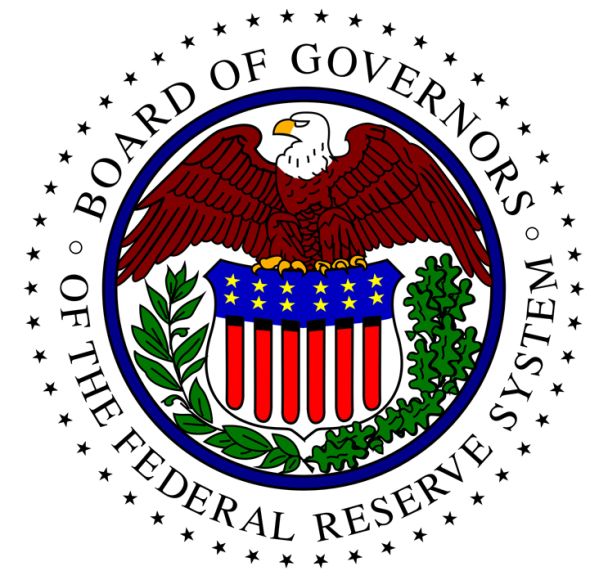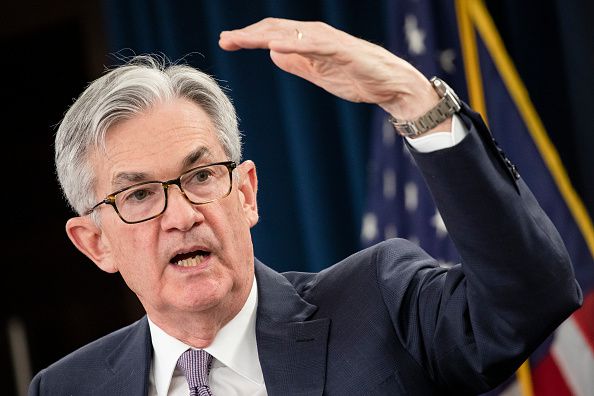The Federal Open Market Committee is the part of the Federal Reserve that is responsible for managing open market operations.
The FOMC uses the three primary tools to influence the direction of the economy.
The Federal Reserve influences the demand for, and supply of, balances that depository institutions hold at Federal Reserve Banks.
This gives them control of the federal funds rate. The federal funds rate is the interest rate at which depository institutions (banks) lend balances at the Federal Reserve to other depository institutions (banks) overnight.
Changes in the federal funds rate trigger a chain of events that affect many other market factors. Those factors include short-term interest rates, foreign exchange rates, long-term interest rates, the amount of money and credit, and, ultimately, a range of economic variables, including employment, output, and prices of goods and services.
The FOMC holds eight regularly scheduled meetings per year.
At these meetings, the Committee reviews economic and financial conditions, determines the appropriate stance of monetary policy, and assesses the risks to its long-run goals of price stability and sustainable economic growth.
2023 FOMC Scheduled Meetings
These are the scheduled meeting dates for the FOMC in 2023.
- January 31-February 1
- March 21-22*
- May 2-3
- June 13-14*
- July 25-26
- September 19-20*
- October 31-November 1
- December 12-13*
* Meeting associated with a Summary of Economic Projections.





